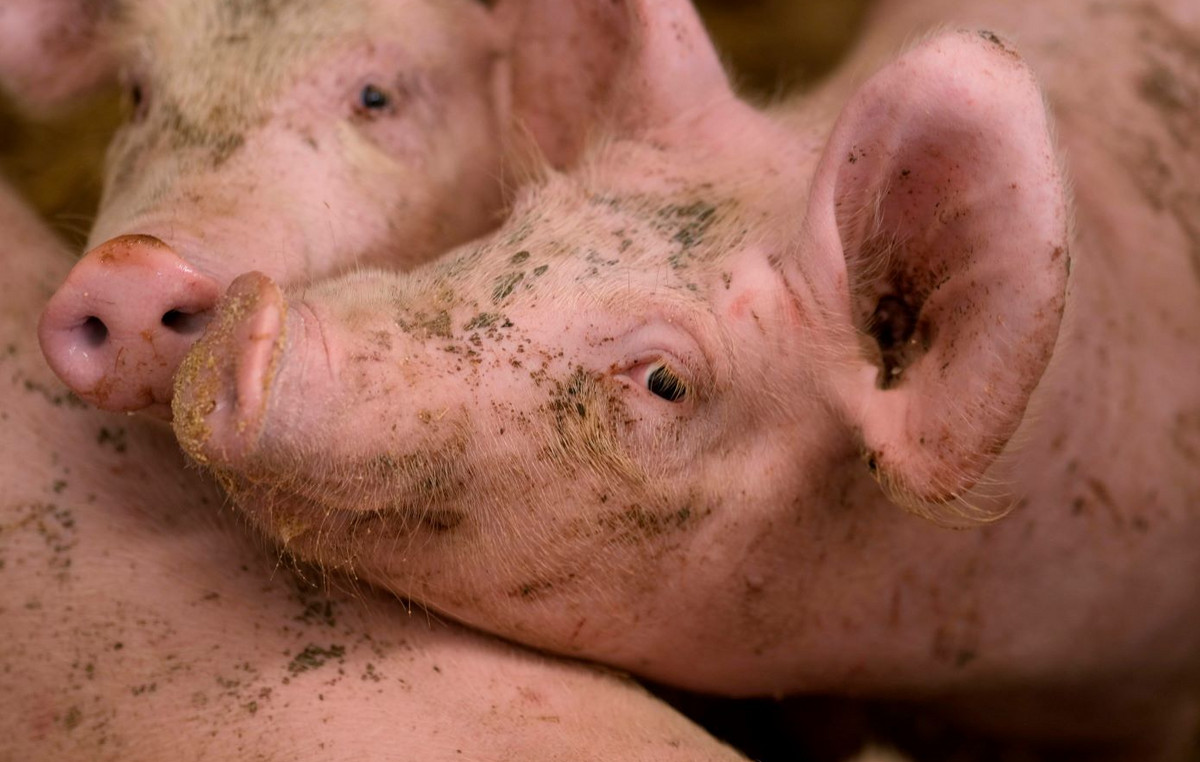Indigenous people living in the Kayabi Indigenous Land, located in the north of Mato Grosso and in the south of Pará, reported, in a demonstration sent to the Federal Supreme Court, that they have been suffering “intimidation” and “attempts at coercion” to accept an agreement involving a lawsuit that questions the demarcation of the territory.
The three indigenous people even reported that a Funai (National Indian Foundation) employee would be acting to get them to accept an agreement that would result in the reduction of the approved land.
João Maira’Wi, José Kaiaby and Yowapina Kayabi appealed to the STF with the help of the Articulation of Indigenous Peoples of Brazil (Apib) in a demonstration sent last month. Since the letter sent by the indigenous leaders, there has been no new decision by Minister Dias Toffoli, rapporteur of the case in the STF.
The territory has 10,607.5 km² divided into Pará and Mato Grosso. Only the part of Mato Grosso is being questioned in court. The area was demarcated for the permanent possession of the Kayabi, Munduruku and Apiaká peoples.
The case involves a questioning made by the state of Mato Grosso in 2013 against the demarcation of the territory, approved that year by the then president Dilma Rousseff (PT).
Apib questions a decision by Minister Dias Toffoli, rapporteur of the action, who, in an order dated May this year, said he saw an “environment favorable to conciliation negotiations” in the case.
In his decision, when mentioning this supposed “environment favorable to conciliation negotiations”, Toffoli determined that several parties should manifest themselves in the case file, including the Attorney General’s Office and the Federal Attorney General’s Office.
“Following the dispatch dated May 26, 2022 [do ministro Dias Toffoli], the indigenous people represented in this petition became the target of intimidation and attempts to coerce them to abandon the cause. This is because some people believe that the conciliation will have the scope of reducing hundreds of hectares of Indigenous Land and that they would be preventing such an attempt”, reported the Apib.
The entity also said that the three indigenous people “were accused of doing the wrong thing and preventing the community from receiving improvements”.
“All the pressure, which was not small, was in the sense of giving up the right to defend themselves”, he added.
The association argues that there is an “oppressive leadership” on the part of ranchers against indigenous peoples and that, “since the possibility of conciliation was opened, attempts to intimidate, coerce, co-opt indigenous people with false promises and even , the sponsorship of a Funai official so that the indigenous people accept a reduction of the homologated indigenous land, as the only ‘alternative’ to not ‘lose everything’ in the present action”.
THE CNN approached Funai last Wednesday (27) to hear the foundation’s position on the allegation that a public servant of the agency would be working “so that the indigenous peoples accept a reduction” in the land. New contacts were made on Friday (29) and on Tuesday (2), but there was no response. If Funai manifests, this text will be updated.
Registration suspended by provisional decision
The registration of lands by indigenous people is suspended by an injunction (i.e. provisional) by Minister Luiz Fux, who was the rapporteur of the process until 2020, when he assumed the presidency of the STF.
The current president of the Supreme Court suspended the registration in the notary and, consequently, “the definitive transfer of the property until the final judgment of this action”. Since then, the lawsuit awaits a decision.
For Apib, “any agreement that aims to reduce indigenous land is an affront to the administrative process and its conclusions”. The association also stated that “indigenous people are the most vulnerable part” of the action and that “judicial measures can subject them to a permanent situation of violence and spoliation of rights”, which has been happening since the registration of the territory was suspended.
Apib also argues that Fux’s decision to suspend the registration of the territory “had a persistent effect on the depredation of the indigenous territory”.
“Between 2015 and 2020, there was a new trend of increasing deforestation in the area, 2019 recorded a record increase in the area felled with an increase of 1,253% compared to the previous year, and in 2021 deforestation exploded again with the expectation of a ‘conciliation’ that could reduce the indigenous land”, he claimed.
Source: CNN Brasil







